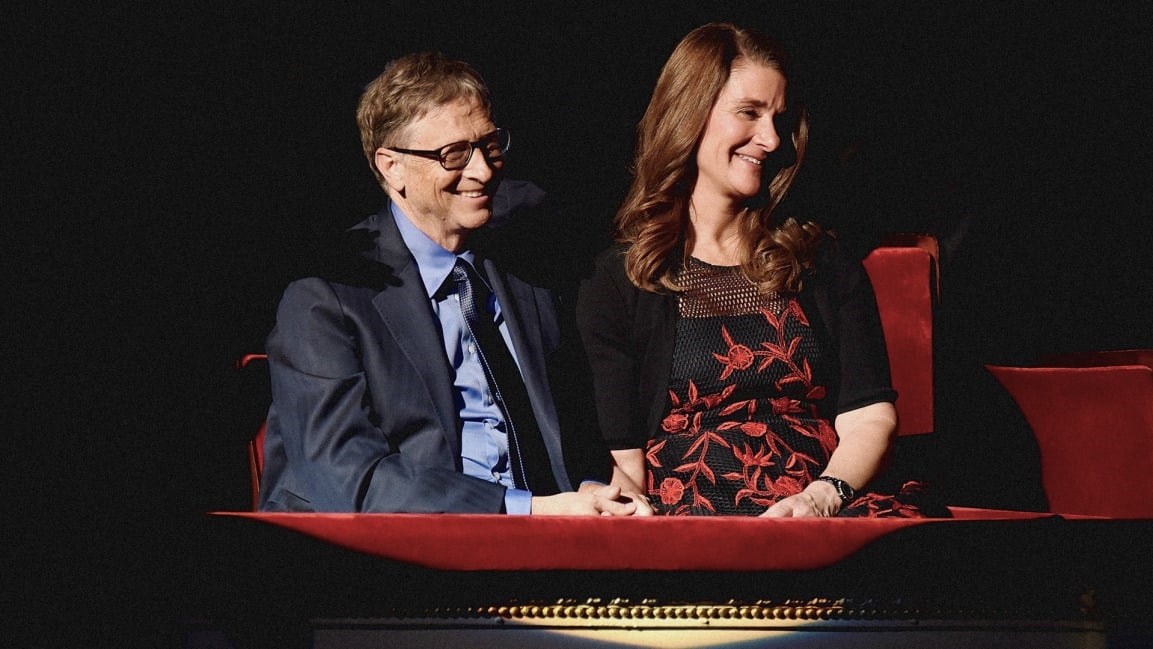The theme of this year’s annual letter from Bill and Melinda Gates is surprises. In their predictably optimistic summary of the last year’s
philanthropy and their foundation work, the charitable power couple calls out nine startling things they’ve learned that should help guide their own work and hopefully the work of others going forward.
“A benefit of surprises is that they’re often a prod to action,” the couple writes on Bill Gates’s personal blog, GatesNotes. “It can gnaw at people to realize that the realities of the world don’t match their expectations for it. Some surprises help people see that the status quo needs to change. Some surprises underscore that transformation is happening already.”
Some of the revelations include the following:
“
Africa is the youngest continent.” Africa’s median age is 18 years old, roughly half of what it is in North America, thanks in part to many successful health interventions. The key to improving life there will be to ensure the large next wave of young people–especially women–have proper access to education and job opportunities. As Melinda points out: “If sub-Saharan Africa commits to investing in its young people, the region could double its share of the global labor force by 2050, unlocking a better life for hundreds of millions of people.”
The world is building “
an entire New York City every month” for the next 40 years. The couple points to an estimate showing how by 2060, city space will likely double to accommodate the surging and increasingly urban population, which should shift the conversation toward how to build and feed all those people in the most efficient, sustainable way. “The larger point is that if we’re going to solve climate change, we need to get to near-zero emissions on all the things that drive it–agriculture, electricity, manufacturing, transportation, and buildings,” writes Bill. Each represents a fairly major contributor to climate change.
“
Data can be sexist.” In the philanthropic world, measuring problems helps benchmark progress against them. But there’s a glaring gap in what’s being counted, which makes addressing underlying issues hard. For instance, the Gateses points out that aid organizations in developing countries often track maternal health without scoring their economic empowerment and impact, an issue that’s further complicated in patriarchal places where men obfuscate their contributions. “How much income did women in developing countries earn last year? How much property do they own? How many more hours do girls spend on household chores than boys?” asks Melinda. Those answers aren’t clear, so they’re trying new methodologies to gather intel.
By making each new revelation feel as surprising as possible, the Gateses seem to be betting that it takes a little shock to make things resonate with today’s readers, and especially, to kick off the sort of larger conversation that encourages more people to get involved. In recent years, the annual letter has covered things like how women in especially poor countries get stuck doing the largest amount of unpaid work, despite the fact that changing that would radically shift communal prosperity. They’ve openly audited how they’re spending Warren Buffet’s $30 billion gift to the foundation in efficient ways to eradicate poverty and disease. Last year, the duo made it clear that U.S. President Donald Trump’s insistence on slashing global aid would save comparatively little but do immense harm.
This installment touches on all those themes but reframes the last point for maximum buzz. In a section that refers to “the nationalist case for globalism,” the couple points out that seemingly marginal governmental investments in foreign aid can radically save and improve lives, decrease the spread of disease outbreaks, and boost the global economy. “There is nothing about putting your country first that requires turning your back on the rest of the world,” says Melinda. “If anything, the opposite is true.”



